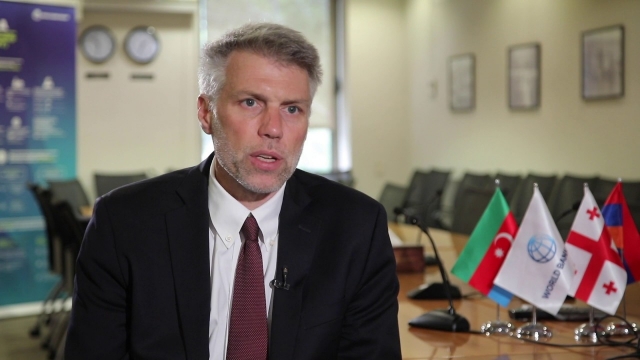Last week, the World Bank released its Human Capital Index (HCI), which includes a decade-long analysis of human capital development from 2010 to 2020 in 103 countries. The index measures the amount of human capital that a child born today can expect to attain by age 18, given the educational opportunities and health risks that prevail in the country where he/she lives.
Georgia has an overall HCI score of 0.57, which means that children born in Georgia are expected to grow up to be only 57% as productive as they could be if they enjoyed complete education and full health. While the HCI score for 2020 is above its 2010 value of 0.54, it is lower than the average for the Europe and Central Asia region.
The World Bank Regional Director for the South Caucasus, Sebastian Molineus, said: “As an early adopter of the Human Capital Project, Georgia is committed to improving the well-being of its future generations. Human capital development is a complex endeavor and, as we can see, the road ahead is fraught with challenges, but three decades of our fruitful partnership have shown that together we can tackle any challenge, which is why I’d like to reiterate the World Bank’s support for Georgia’s human capital reform agenda” .
“Fortunately, we have an existing project to improve educational outcomes in Georgia, and we are currently engaging with the government to improve long-term health and social protection outcomes as well, providing a strong foundation to deliver tangible improvements over the coming years”, he added.
Pursuant to this year’s HCI report , Albania, Azerbaijan, and Russia are among the top 10 global improvers in progress made on health and education.
The World Bank sets as its mission to develop long-term solutions that will build more resilient, inclusive economies in the post-pandemic era. In Georgia, the World Bank supports two projects that are vital for human capital development: the Innovation, Inclusion and Quality project, aimed at increasing access to preschool education, higher quality education, and improved learning environments; and the Log-in Georgia project, which aims to promote the use of broadband-enabled digital services across rural Georgia; also to boost the use of digitally-enabled services through training and capacity-building programmes across the country.














